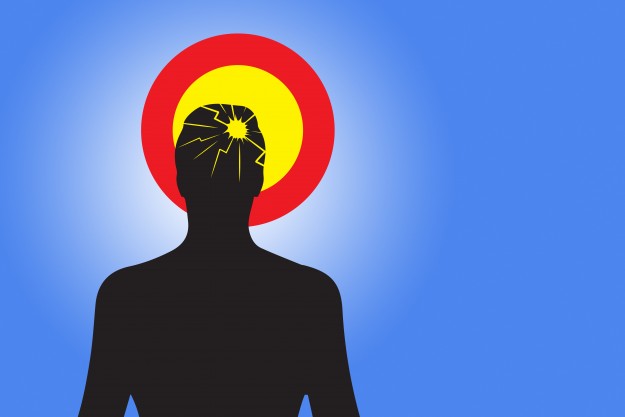Strokes affect more than 15 million people around the world each year. Nearly 5 million will die from stroke, and many of the rest will be permanently—often severely—disabled.
I see firsthand the devastating impact strokes have on patients and their families as my colleagues and I investigate therapies to treat and prevent stroke at Johns Hopkins.
And so I am thrilled and very grateful that Johns Hopkins has received a generous $50 million gift from the United Arab Emirates to develop new tools for stroke diagnosis, treatment, rehabilitation and recovery. With this funding, we will establish a new stroke institute on our main campus here in Baltimore, as well as a stroke institute in the UAE.
The new institute—named for UAE President Sheikh Khalifa—will house two centers of excellence in Baltimore. At the center of excellence in stroke detection and diagnosis, we will analyze the genetic underpinnings of stroke and work to develop interventions such as digital neurological exams or using imaging in new ways to better understand stroke.
The center of excellence in stroke treatment, recovery and rehabilitation will focus on developing new approaches to get blood vessels to regrow, delivering medications more effectively, and stimulating the brain so patients can relearn movement and speech more quickly following a stroke.
This commitment builds on the longstanding relationship between Johns Hopkins and the UAE. Our clinicians have provided specialized care to thousands of Emiratis since the 1970s. Through Johns Hopkins Medicine International, we also have helped build and improve overall health care delivery in the UAE by managing and overseeing three of the UAE’s major hospitals: Tawam, Al Rahba and Corniche.
With this support from the UAE, I am confident we will bring stroke research and patient care to a new level and improve the health of millions of people in Baltimore, the UAE and around the world.
